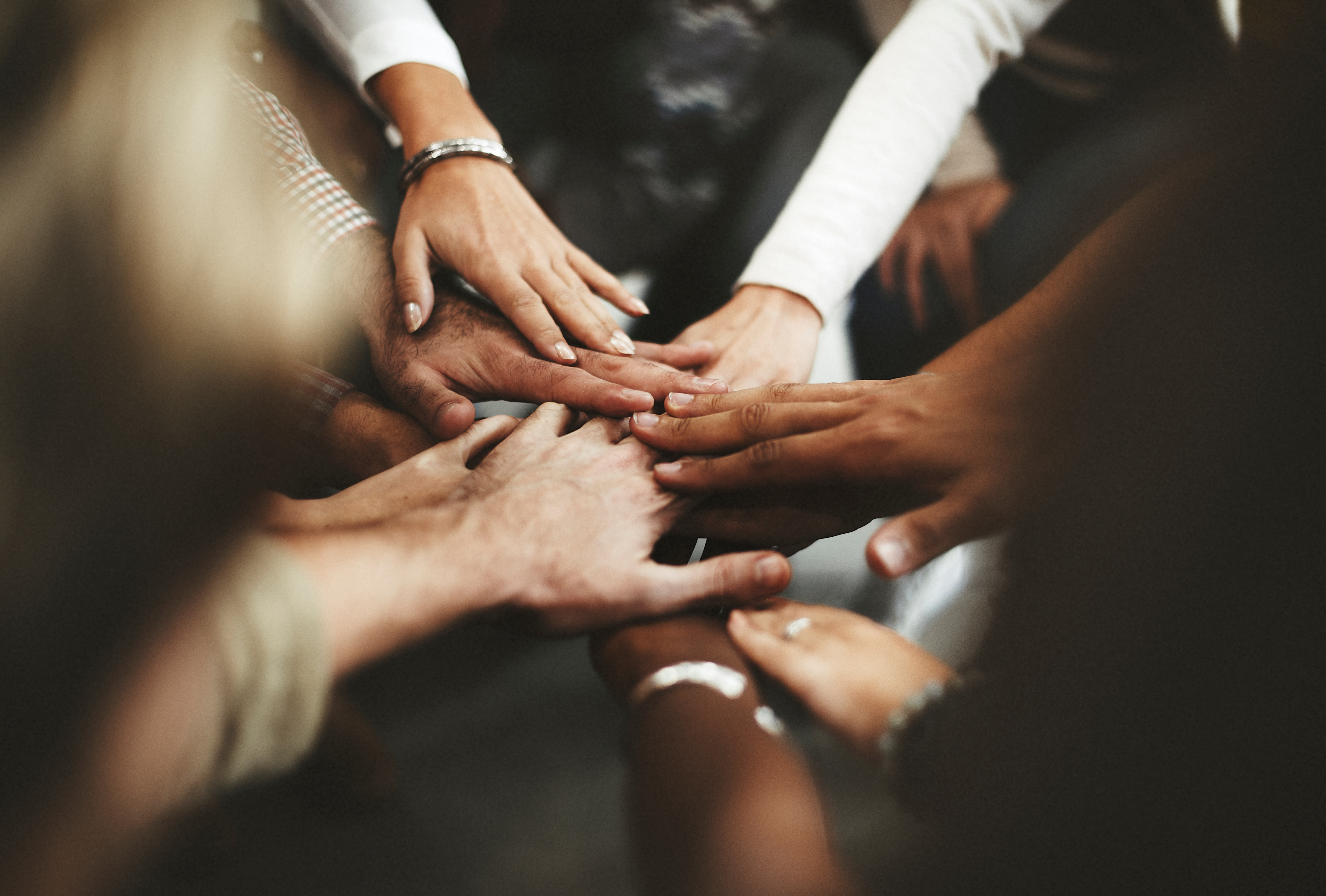The care society: a horizon for sustainable recovery with gender equality
Work area(s)
Topic(s)
All people have been cared for and all need care throughout the phases of life. However, care work is mostly done by women and girls, which hinders their autonomy. Transitioning towards a care society as a horizon for sustainable recovery with gender equality will be the theme of the fifteenth Regional Conference on Women in Latin America and the Caribbean, scheduled to take place this November in Argentina.

The regional impact of gender inequality
In Latin America and the Caribbean, women spend more than twice as much time on unpaid domestic and care work as men. This distribution of roles is the result of the sexual division of labour based on persistent stereotypes that affect the lives of women and girls. As a result of the distribution of care in households, women have less time and fewer opportunities to participate in the labour market, get an education, participate in politics and exercise other rights on equal footing.
These barriers to women's autonomy, meaning the capacity and conditions to freely make the decisions that affect their lives, were heightened because of the pandemic. In addition to massive job losses, women faced isolation, and the transfer of education and care tasks into the home environment further overburdened them. While 2021 saw a recovery, it has been uneven and insufficient to close the gender gap: one out of every two women is still excluded from the labour market, while for men, that figure is one in four.
The countries that have measured the economic contribution of domestic labour and unpaid care work have found that it represents between 15.9% and 27.6% of gross domestic product (GDP). Women provide 70% of that contribution.
Unfair sexual division of labour also positions women as caregivers in paid services provided by the State or by the market. In health care, education and domestic labour, the majority of workers are women. However, there is a marked gap between the wages of men and women in the health care and education sectors. In the case of domestic workers, which account for approximately 10% of employed women, wages are lower than in other sectors, and 73% of women work in a situation of informality, without benefits.
A possible solution
The structural inequality affecting women and girls in the region needs to be reversed. The need to transition to a development style that leaves no one behind is urgent. ECLAC is calling for a transition towards a care society, in which the sustainability of life plays a central role, the planet and the rights of people who need care and of caregivers are protected, and self-care and mutual care are also given appropriate consideration. A care society works to reduce the precarious nature of employment in the care sector and raises awareness of the multiplier effects of the care economy; not only does it enhance well-being, but it can also drive a transformative recovery characterized by equality and sustainability.
From next 7 to 11 November, the governments of the region, together with civil society organizations, will meet in Argentina at the Fifteenth Regional Conference on Women in Latin America and the Caribbean. The event presents an opportunity for conversation and for the sharing of solutions for a transition towards “The care society: a horizon for sustainable recovery with gender equality”. We hope to see you there.
Country(ies)
- Latin America and the Caribbean